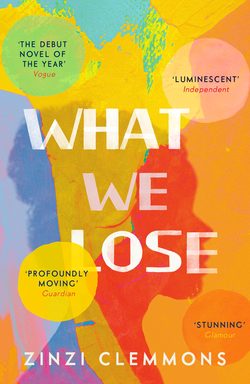Читать книгу What We Lose - Zinzi Clemmons - Страница 10
ОглавлениеI have never personally been a victim of violence in South Africa. I remember a neighbor who was stabbed when I was little—the neighbor knocking on my grandmother’s door late at night; the enamel bowl, with water turned pink and hazy, that my grandmother used to wash his wounds. My mother was the victim of a smash-and-grab in the hills around our vacation home. The assailant broke the car window and snatched her purse from her lap. She never drove alone again.
But most of what I experience is secondhand, from my family and the news. Together, the stories and pictures constitute a vision of death and carnage that is overwhelming, incongruous to the plainspoken beauty of the country. I see no evidence of the horror, which is what makes it terrifying to me.
This is the secret I have long held from my family: South Africa terrifies me. It always has. When I am there, I am often kept awake in bed at night, imagining which combination of failed locks, security doors, and alarms will allow a burglar inside, inviting disaster. I fear that we will be involved in one of the atrocities we learn of daily.
After apartheid, crime in South Africa has been insidious and seemingly limitless. Citizens live behind locked doors, security gates, electric fencing. The more money a family has, the more advanced the methods of protection. I have seen the progression of defense methods in the years I have been visiting. When I was younger, every house, if it was large enough, had a crown of barbed wire atop its high security wall. Since then, the barbed wire has been exchanged for electric fencing. Single fortifications for each property are no longer enough; now many streets and neighborhoods are blocked off with turnstiles and patrolled twenty-four hours a day by hired guards.
